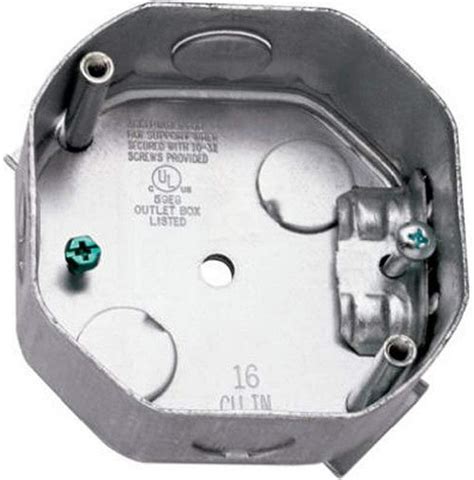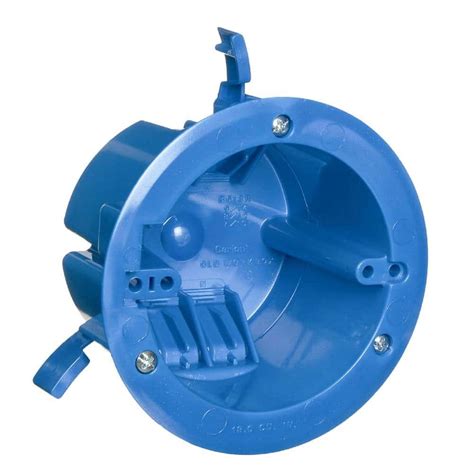electrical box old work vs new work Discover top-rated best electrical boxes for new work and old work installations. Find durable, user-friendly options for your electrical needs. Check out our troll lunch box selection for the very best in unique or custom, handmade pieces from our lunch bags & boxes shops.
0 · work electrical box weight limit
1 · old work electrical boxes
2 · old work electrical box weight
3 · new work vs old work
4 · new construction vs old work
5 · how to replace electrical box
6 · electrical box design
7 · choosing an electrical box
This organization is not BBB accredited. Sheet Metal Fabrication in Grande Prairie, AB. See BBB rating, reviews, complaints, & more.

Selecting the appropriate electrical box depends on several factors, including construction, wiring method, devices, location, and safety. . New work vs Old work, New Construction vs Old construction can be confusing when standing in the electrical aisle at the hardware store. However, it's pretty simple. The . In this video, I'm looking at the difference between an Old work and a New work electrical box. I had a wire sticking out of my wall above my master built-in.Discover top-rated best electrical boxes for new work and old work installations. Find durable, user-friendly options for your electrical needs.
New work box is designed to fastened to the studs when no wall board is up. Old work box is designed to be installed into existing wallboard. It has mounting ears to make this . Both old work and new work electrical boxes are designed to house wiring and act as a connection point between the ceiling/wall and a fixture or outlet. Old work electrical boxes are installed when the studs/joists are not available; so after . Selecting the appropriate electrical box depends on several factors, including construction, wiring method, devices, location, and safety. Type of Construction. Your project’s construction type influences the choice of an electrical box. For new constructions, new work boxes are best, while old work boxes are better for renovations. Wiring Method New work vs Old work, New Construction vs Old construction can be confusing when standing in the electrical aisle at the hardware store. However, it's pretty simple. The differences you can see.
A new work electrical box is installed in an open wall. The box is nailed or screwed to the side of the wall studs. It is secure and strong. If you have open walls (before installing drywall), use a new work box rather than installing an .In this video, I'm looking at the difference between an Old work and a New work electrical box. I had a wire sticking out of my wall above my master built-in.
work electrical box weight limit
Discover top-rated best electrical boxes for new work and old work installations. Find durable, user-friendly options for your electrical needs. New work box is designed to fastened to the studs when no wall board is up. Old work box is designed to be installed into existing wallboard. It has mounting ears to make this happen without damaging the wallboard. Old Work vs. New Work. If you’re replacing an electrical box, you’ll likely need an old-work system, whereas new installations typically require a new-work system. This distinction is essential to make before purchasing and installing another electrical system. Consult a Professional ElectricianNew work boxes are designed to be attached to exposed framing, as is often the case in new construction and sometimes in renovations where walls and ceilings are gutted. Cut-in boxes are designed for attachment to existing finish surfaces—which frequently involves .
For me, the biggest difference would be that with New Work boxes I'd have to develop the skill to accurately cut drywall to fit. I know of several techniques but they all require practice and experience. Cutting it after installation from inside a plain junction box seems easier. Both old work and new work electrical boxes are designed to house wiring and act as a connection point between the ceiling/wall and a fixture or outlet. Old work electrical boxes are installed when the studs/joists are not available; so after .
Selecting the appropriate electrical box depends on several factors, including construction, wiring method, devices, location, and safety. Type of Construction. Your project’s construction type influences the choice of an electrical box. For new constructions, new work boxes are best, while old work boxes are better for renovations. Wiring Method New work vs Old work, New Construction vs Old construction can be confusing when standing in the electrical aisle at the hardware store. However, it's pretty simple. The differences you can see. A new work electrical box is installed in an open wall. The box is nailed or screwed to the side of the wall studs. It is secure and strong. If you have open walls (before installing drywall), use a new work box rather than installing an .
In this video, I'm looking at the difference between an Old work and a New work electrical box. I had a wire sticking out of my wall above my master built-in.Discover top-rated best electrical boxes for new work and old work installations. Find durable, user-friendly options for your electrical needs. New work box is designed to fastened to the studs when no wall board is up. Old work box is designed to be installed into existing wallboard. It has mounting ears to make this happen without damaging the wallboard.
Old Work vs. New Work. If you’re replacing an electrical box, you’ll likely need an old-work system, whereas new installations typically require a new-work system. This distinction is essential to make before purchasing and installing another electrical system. Consult a Professional ElectricianNew work boxes are designed to be attached to exposed framing, as is often the case in new construction and sometimes in renovations where walls and ceilings are gutted. Cut-in boxes are designed for attachment to existing finish surfaces—which frequently involves .
old work electrical boxes

old work electrical box weight
new work vs old work
$140.99
electrical box old work vs new work|new work vs old work